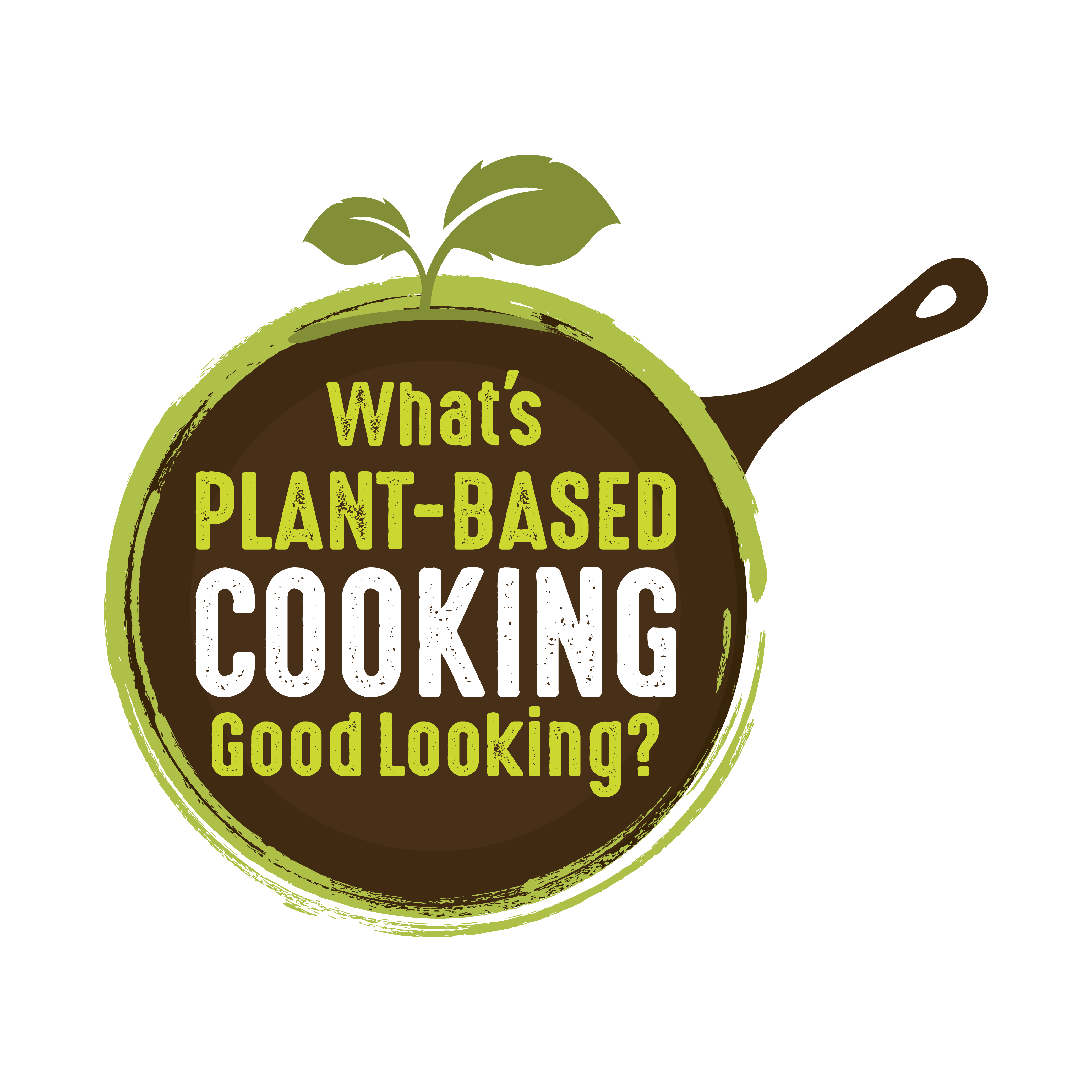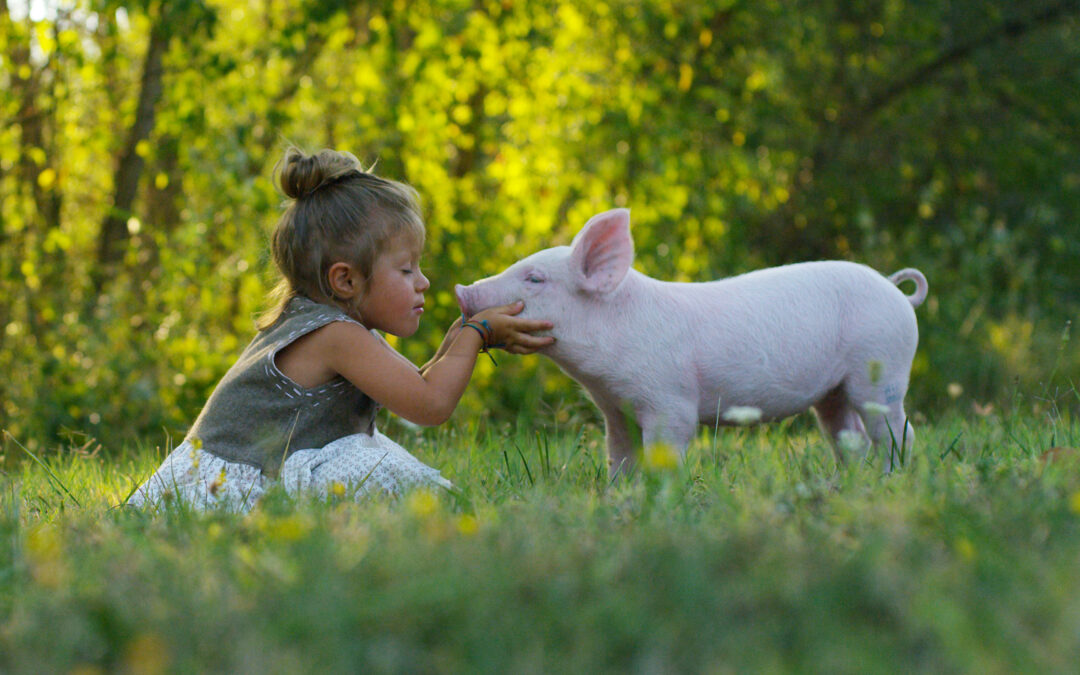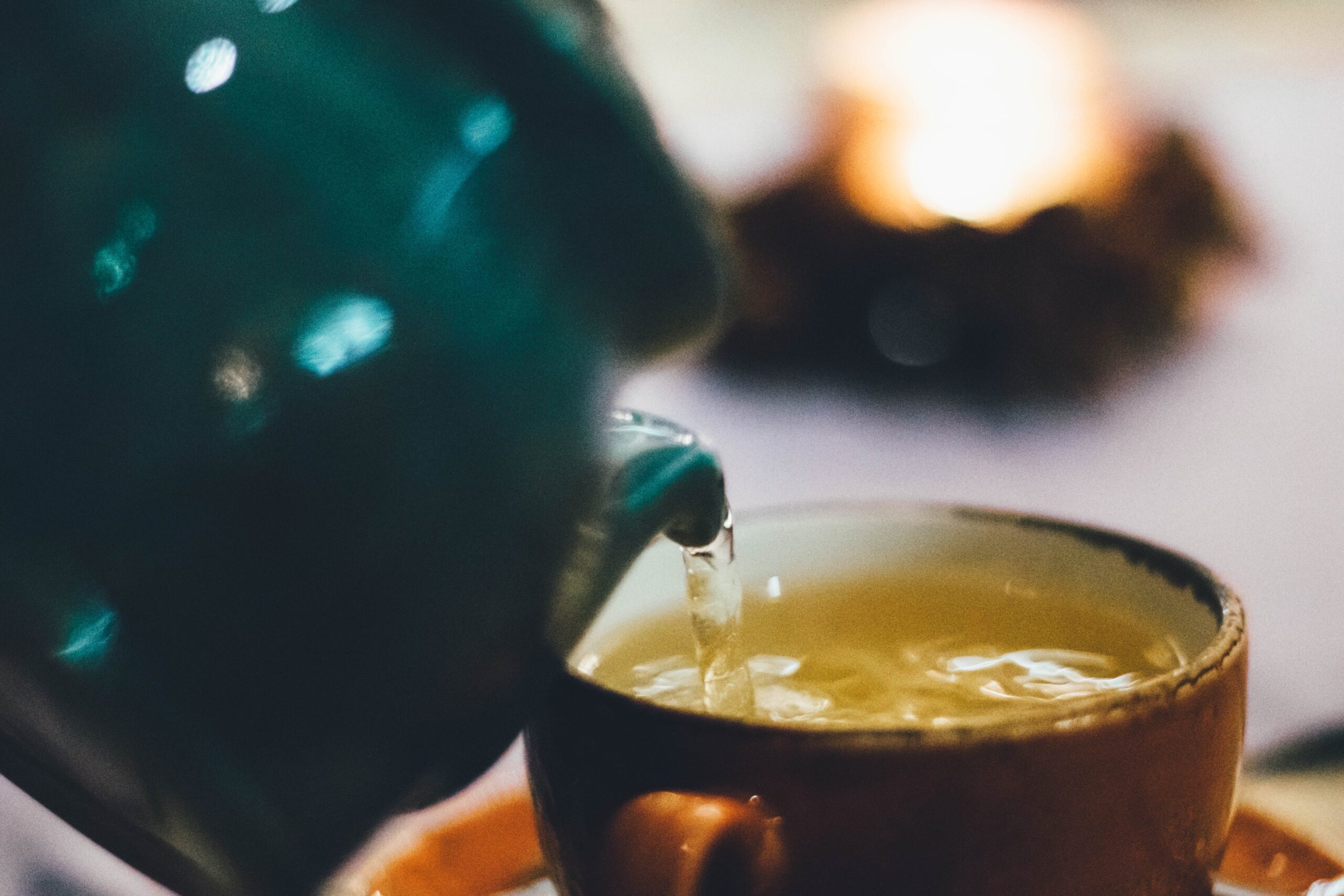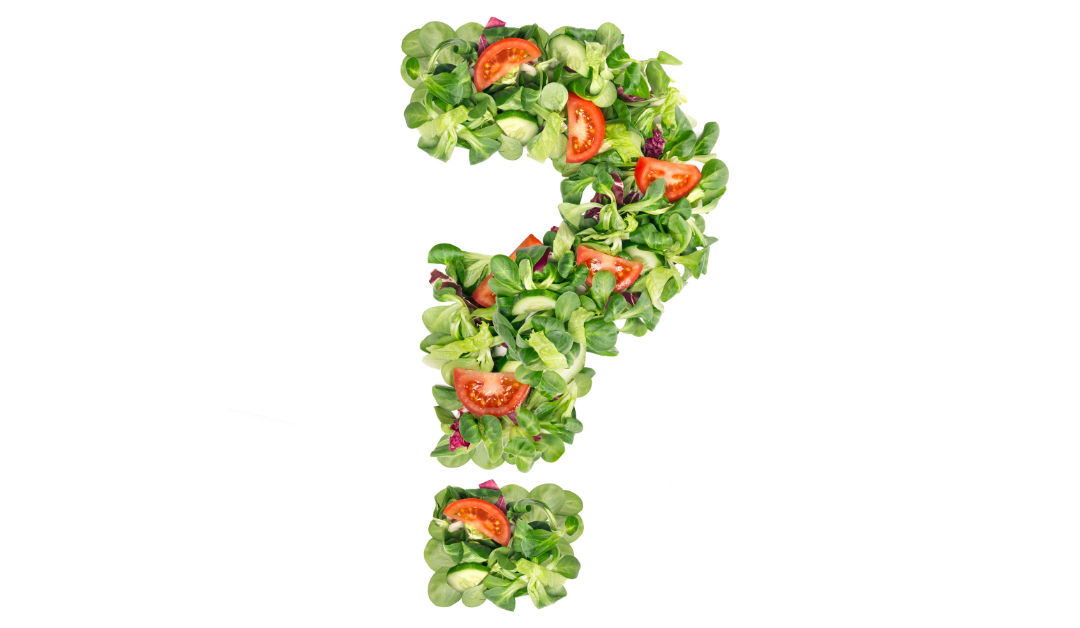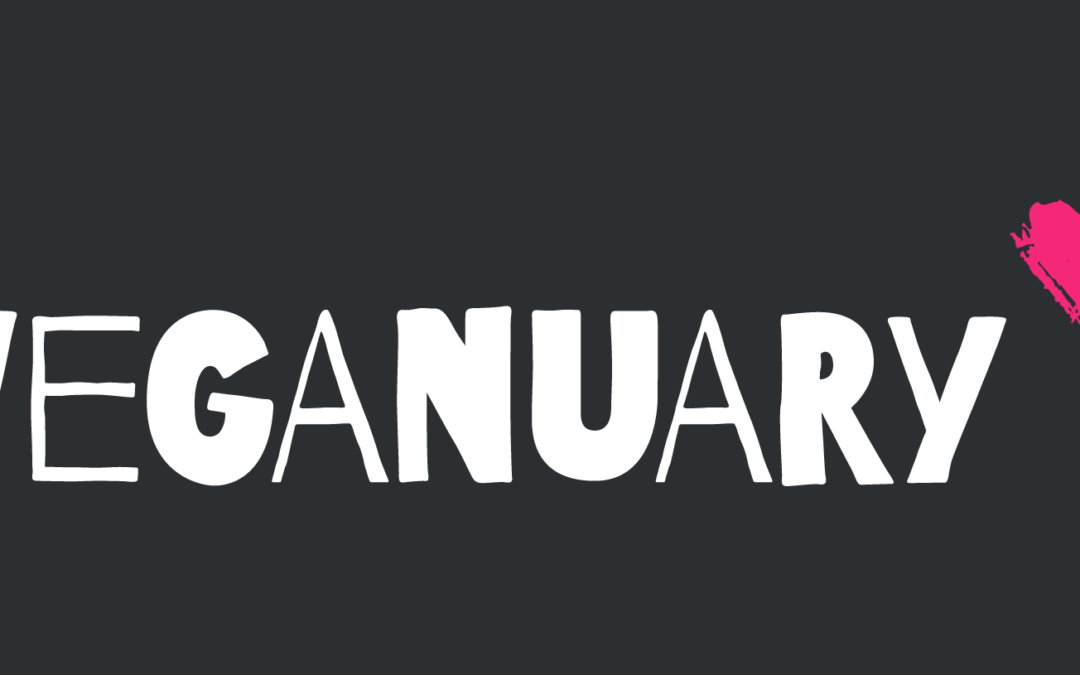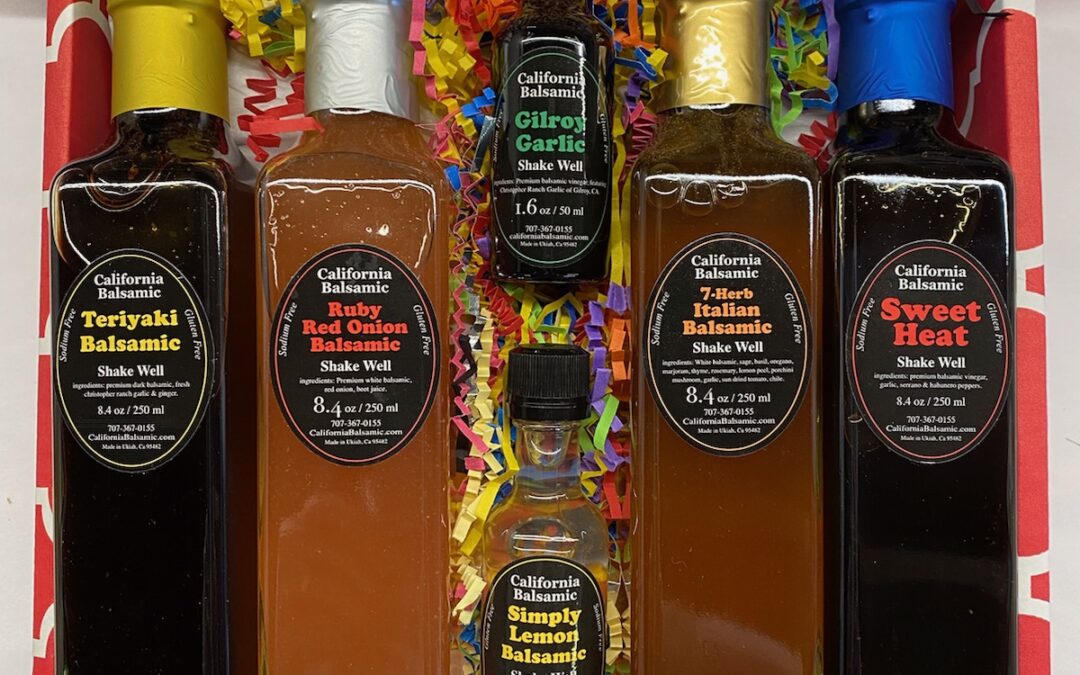
My New Balsamic Love Affair (it’s a little spicy)
I love a good synchronicity. Read on to find out about my recent balsamic synchronicity! Here’s the whole story:
I used to eat oil and vinegar regularly. Often a vinaigrette on my salad. And I love steamed artichokes. Growing up I dunked them into mayo (gross), butter (also gross) and then I discovered balsamic and oil.
However, while studying plant-based nutrition at Cornell, I learned that oil is just empty calories. We are better off getting our fats from the whole food- avocados, olives, nuts… Yes, olive oil is better than animal fats, but if you can avoid oils, you are better off.
When I learned this, I dramatically cut back on my oil consumption. 99% of my home cooking is now oil free. So, my oil consumption (which I attempt to minimize) is mostly from dining out.
One of the suggestions made in the Cornell program was to try different balsamic vinegars as a salad dressing. Great idea! It’s easy and in my experience, the oil is unnecessary.
Last year, a friend gifted me a lemon balsamic from a specialty store in California. It offers yummy flavor for salads.
Sometimes I make interesting whole food plant-based dressings (like the spicy Thai dressing from Garden of Eydie), but I’m pretty lazy and often just use balsamic. Same for artichokes. They don’t need the oil.
I also use a plain balsamic in a vegan Bolognese sauce. Really delicious.
Life just got more interesting, however, when Chef AJ introduced me to California Balsamic. Their flavors are endless. Shopping on their website made me feel like a kid in a candy store. What’s great too is California Balsamic offers small bottles (like airline shampoo travel sized) so you can taste a bunch. (And they offer free samples too!)
All I want to do is eat salads now so I can try new flavors! (This is a good thing.)
Here’s the synchronicity:
Someone recently joined our Facebook group and asked for recipes with balsamic. Other than the Bolognese, artichokes and salads, I didn’t have any.
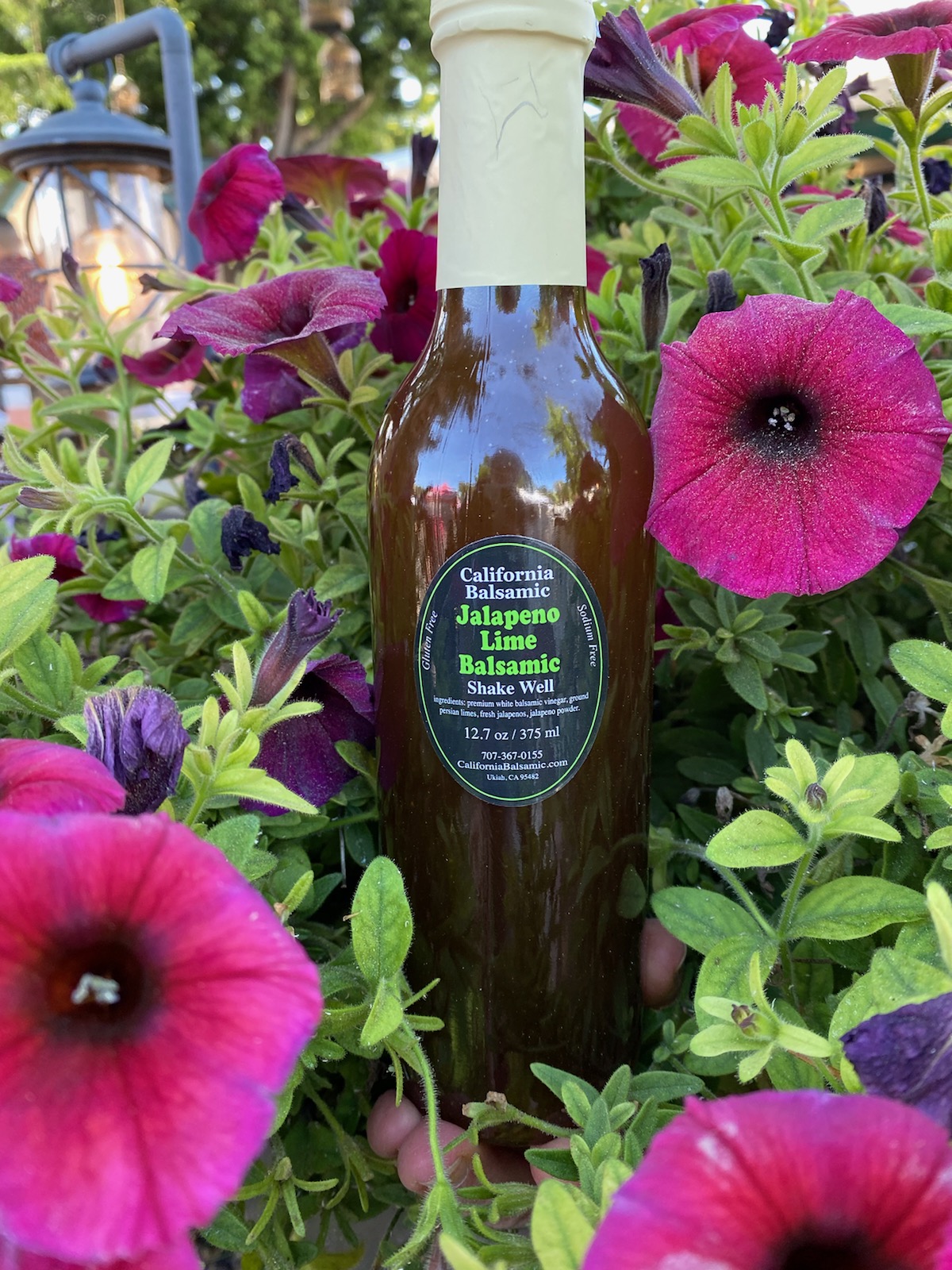
As luck would have it, California Balsamic (which I discovered the SAME WEEK the person joined my group) has TONS of recipes on their website. I’m trying one tonight! Here’s a link to the recipes.
I ordered a bunch of flavors and started sampling them this week. I had the jalapeno lime balsamic and it’s delicious (and a little spicy).
Chef AJ has her favorites, and California Balsamic offers a Chef AJ sampler (which I purchased). Some flavors lend themselves best as a salad dressing and others as marinade. I will be trying many!
Let me know if you have tried California Balsamic and if you have a favorite flavor, or a favorite recipe that uses balsamic!
This post may contain affiliate links.
